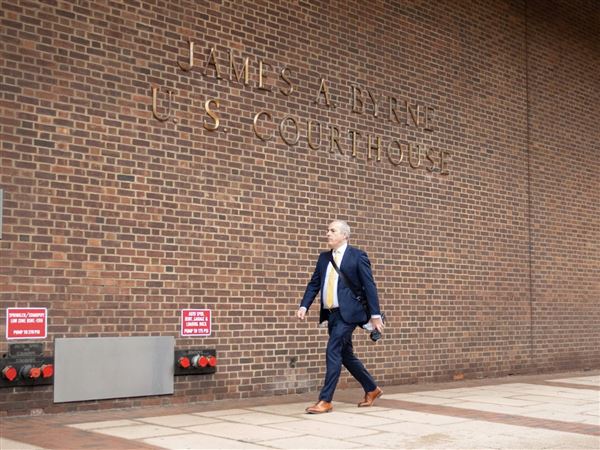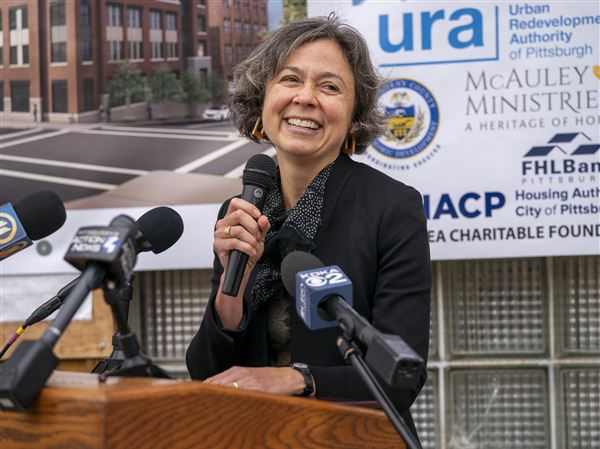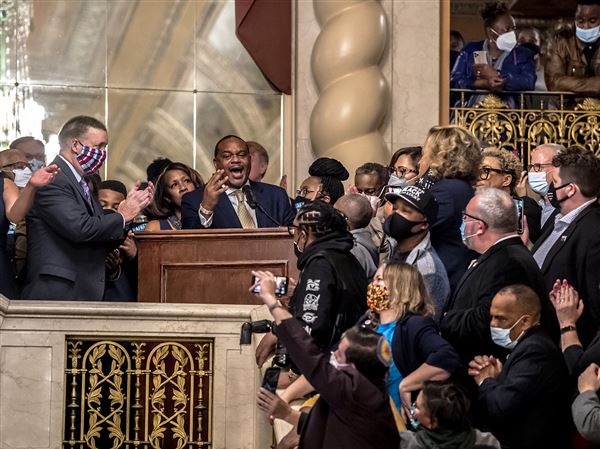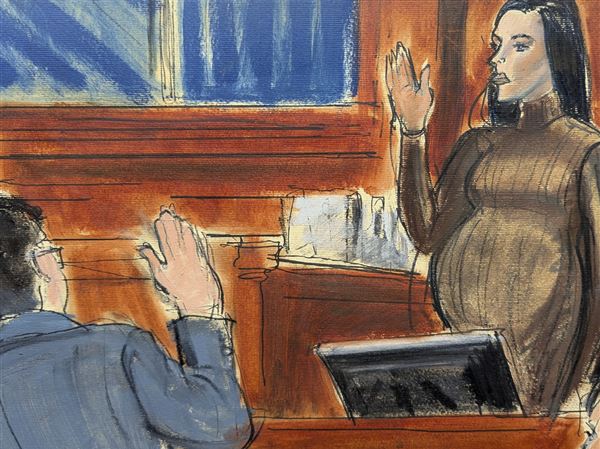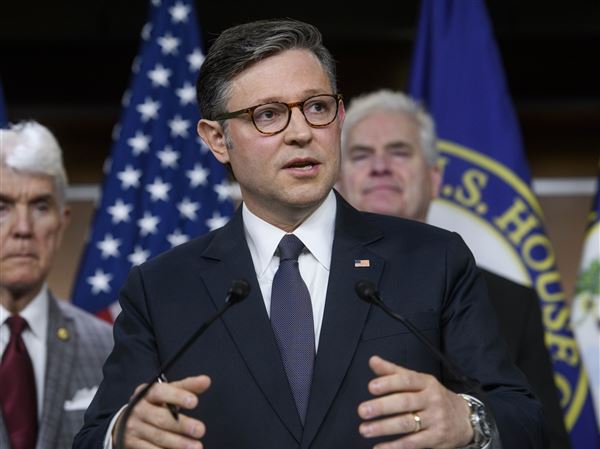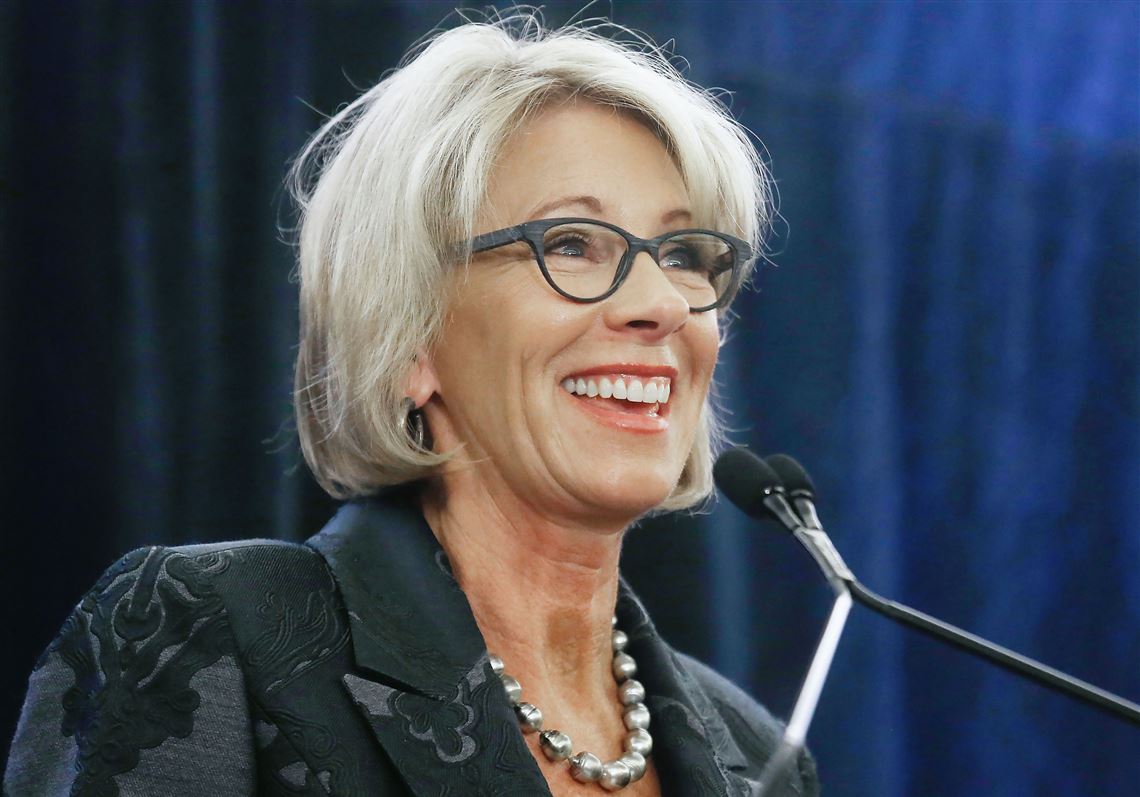WASHINGTON — Senate Democrats are asking Education Secretary Betsy DeVos for details on a higher education task force that the president of Liberty University says the Trump administration has asked him to lead.
In a letter to DeVos released Thursday, six lawmakers said they are concerned that there has been no public explanation by the president or the administration about the purview of the task force.
The Democrats said they expect the Education Department will be the primary convener of any such panel, and therefore “can provide clarity on how it will operate and how the department intends to ensure fairness and transparency at every stage.”
The signers were Sens. Patty Murray, Wash., ranking member of the Committee on Health, Education, Labor and Pensions; Elizabeth Warren, Mass.; Richard J. Durbin, Ill.; Sheldon Whitehouse, R.I.; Tammy Baldwin, Wis.; and Margaret Wood Hassan, N.H.
Liberty President Jerry Falwell Jr. told The Washington Post and the Chronicle of Higher Education last month that the administration tapped him to lead the panel, but the White House has yet to make any official announcement. A White House spokesperson said he could neither confirm or deny the creation of the task force.
Falwell declined to comment Wednesday.
Previously, he has said the department is too heavy-handed in its regulation of colleges and universities, a view widely held by presidents in higher education. A 2015 task force co-chaired by Vanderbilt University Chancellor Nicholas Zeppos called federal education regulations “unnecessarily voluminous” and costly.
“We think many regulations published in the last decade need to be rolled back,” Falwell told The Post in January. “I’ve got notebooks full of material from professors, from heads of accrediting bodies, from people in the financial aid department who have seen problems first-hand.”
The Democratic senators, however, argued that many laws and regulations are meant to protect students and taxpayers from abuse, so weakening those rules could prove detrimental. They also took issue with the idea that university leaders whose schools receive federal student aid funding may have a chance to recommend policy changes to their own benefit.
“Unless the task force is comprised of members from diverse backgrounds and perspectives, including students and consumer advocates, we are concerned about conflicts of interests that may be created by taxpayer-subsidized entities writing the rules for their own access to federal dollars,” the lawmakers wrote.
The senators cited Liberty’s participation in federal student aid programs. Students at the evangelical Christian school, based in Lynchburg, Virginia, were awarded $766 million in federal grants and loans last year, and the university was the third-largest recipient of federal student loans in the country, according to data from the Education Department. Liberty also has the largest enrollment of any nonprofit institution, with more than 80,000 students. Most are enrolled in online courses.
“Mr. Falwell’s personal and financial interests on issues affecting student loan debt, recruitment and distance education are extensive, and his perspectives must be viewed appropriately in this context,” senators wrote. “Similarly, the record of other members who are appointed to the task force should be closely examined for potential conflicts of interest.”
Falwell has said the task force will help DeVos in her duties as secretary. The creation of the panel signals that the administration and DeVos want an independent, comprehensive look at higher ed policy before making a lot of changes, Terry W. Hartle, senior vice president of the American Council on Education, said shortly after it was reported.
Still, Democrats want assurances from DeVos that the task force will not trample policies that hold colleges accountable for student success and billions of dollars in federal education funding. They have asked DeVos to provide answers to 17 requests and questions laid out in the letter no later than March 9.
“If the new task force and civil servants at the department are to play a central role in developing and executing policies for you to guard against waste, fraud and abuse in higher education, it is critically important that they take a thoughtful and balanced approach to their work,” the senators wrote.
First Published: February 23, 2017, 1:16 p.m.
